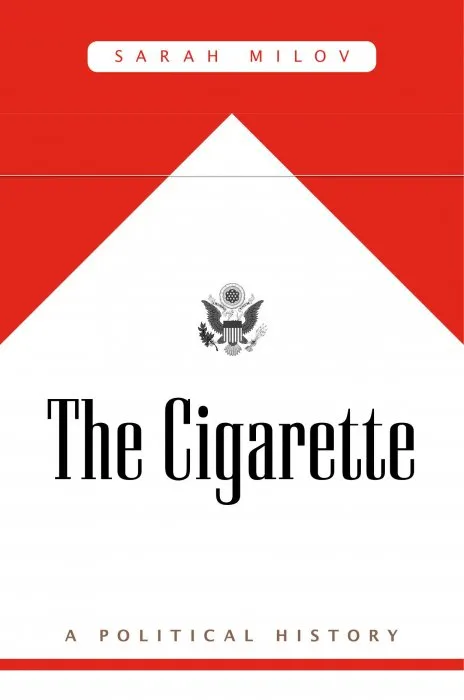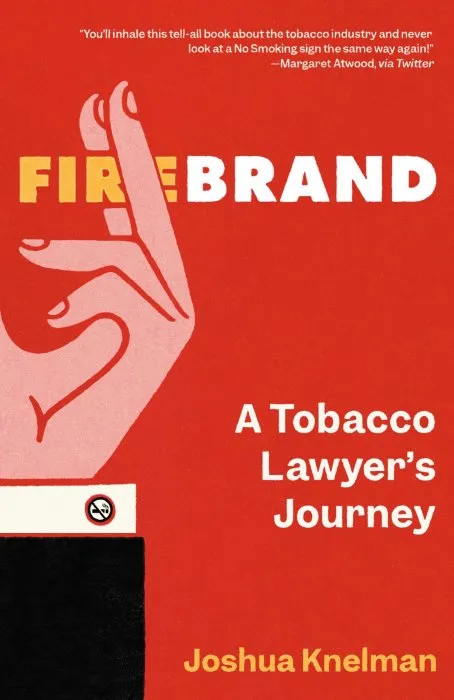The Cigarette: A Political History

Date: October 2nd, 2019
ISBN: 0674241215
Language: English
Number of pages: 400 pages
Format: EPUB
Add favorites
The untold political story of the most controversial consumer product in American history.
Tobacco is the quintessential American product. From Jamestown to the Marlboro Man, the plant occupied the heart of the nation’s economy and expressed its enduring myths. But today smoking rates have declined and smokers are exiled from many public spaces. The story of tobacco’s fortunes may seem straightforward: science triumphed over our addictive habits and the cynical machinations of tobacco executives. Yet the reality is more complicated. Both the cigarette’s popularity and its eventual decline reflect a parallel course of shifting political priorities. The tobacco industry flourished with the help of the state, but it was the concerted efforts of citizen nonsmokers who organized to fight for their right to clean air that led to its undoing.
After the Great Depression, public officials and organized tobacco farmers worked together to ensure that the government’s regulatory muscle was more often deployed to promote tobacco than to protect the public from its harms. Even as evidence of the cigarette’s connection to cancer grew, medical experts could not convince officials to change their stance. What turned the tide, Sarah Milov argues, was a new kind of politics: a movement for nonsmokers’ rights. Activists and public-interest lawyers took to the courts, the streets, city councils, and boardrooms to argue for smoke-free workplaces and allied with scientists to lobby elected officials.
The Cigarette restores politics to its rightful place in the tale of tobacco’s rise and fall, illustrating America’s continuing battles over corporate influence, individual responsibility, collective choice, and the scope of governmental power.
Tobacco is the quintessential American product. From Jamestown to the Marlboro Man, the plant occupied the heart of the nation’s economy and expressed its enduring myths. But today smoking rates have declined and smokers are exiled from many public spaces. The story of tobacco’s fortunes may seem straightforward: science triumphed over our addictive habits and the cynical machinations of tobacco executives. Yet the reality is more complicated. Both the cigarette’s popularity and its eventual decline reflect a parallel course of shifting political priorities. The tobacco industry flourished with the help of the state, but it was the concerted efforts of citizen nonsmokers who organized to fight for their right to clean air that led to its undoing.
After the Great Depression, public officials and organized tobacco farmers worked together to ensure that the government’s regulatory muscle was more often deployed to promote tobacco than to protect the public from its harms. Even as evidence of the cigarette’s connection to cancer grew, medical experts could not convince officials to change their stance. What turned the tide, Sarah Milov argues, was a new kind of politics: a movement for nonsmokers’ rights. Activists and public-interest lawyers took to the courts, the streets, city councils, and boardrooms to argue for smoke-free workplaces and allied with scientists to lobby elected officials.
The Cigarette restores politics to its rightful place in the tale of tobacco’s rise and fall, illustrating America’s continuing battles over corporate influence, individual responsibility, collective choice, and the scope of governmental power.
Download The Cigarette: A Political History
Similar books
Information
Users of Guests are not allowed to comment this publication.
Users of Guests are not allowed to comment this publication.




